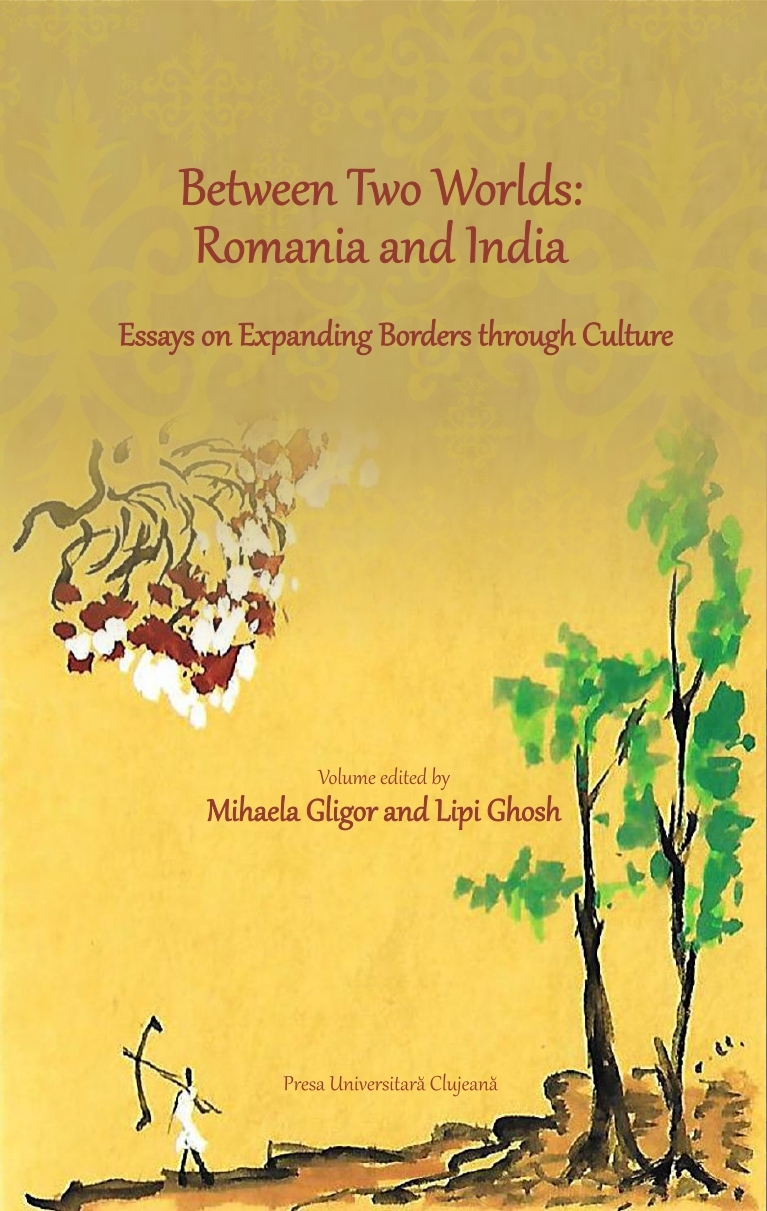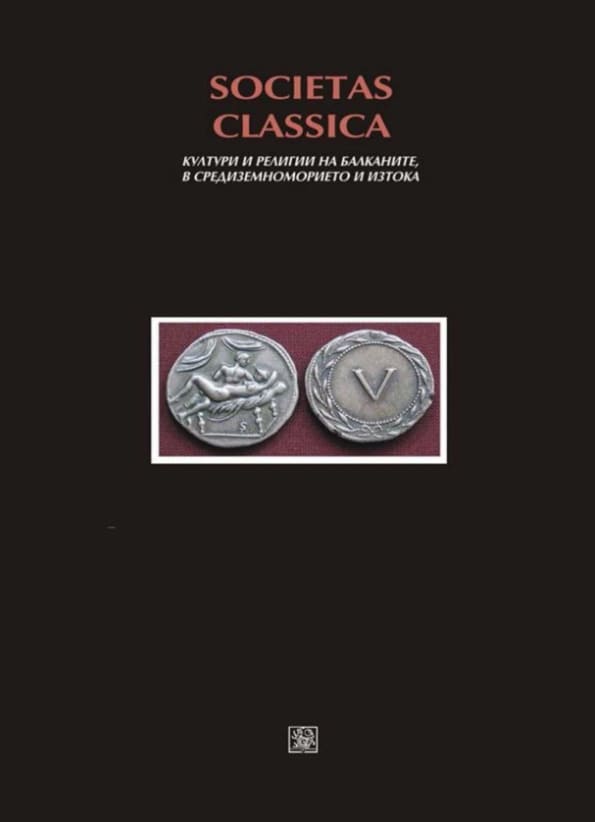
We kindly inform you that, as long as the subject affiliation of our 300.000+ articles is in progress, you might get unsufficient or no results on your third level or second level search. In this case, please broaden your search criteria.


Since the commencement of colonial modernity in India, English, French, and German literature and philosophy have influenced Indian literature. Along with these three major literary spaces, authors also studied new European literature, particularly that of the former USSR republics and small European nations. Translations of literature from Romania, Hungary, Ukraine, the Czech Republic, Finland, Sweden, Denmark, and many more nations have begun to appear frequently in Bengali magazines since the second decade of 20th century. The Bengali literary canon also was being reshaped by such translations and Europe was redefined beyond the established colonial map, as translation appeared as a new cartography. The literary canon of the colonisers was seen as a dominating literary source and the literature of such minor nations was alternative to those. Additionally, Indian minds were attempting to comprehend various European perspectives on World War- I and II at the moment of the shattering of the nations. Amita Bhose, a well-known translator, spent her life translating from Bengali and Sanskrit to Romanian and Romanian into Bengali and created an emotional bond between Romania, her Bengali as well as Indian heritage, and herself. This paper argues Amita Bhose and her works are attached to an emotional bond that causes a translator to find a new home in the world, and a translator may be regarded best as a cultural ambassador. Amita Bhose through her works from and into Bengali and Romanian bridges between two nations and produced a generation of students who essentially become comparatists in various capacities. An international initiative of an individual brought a new dimension in imagining world literature from a particular location and such paradigmatic practices can be argued as an alternative way of doing a non-anglophone, non-canonical literary comparison
More...
Researcher, writer, translator and teacher Amita Bhose (Calcutta, 1933 - Bucharest, 1992) has a special place in the Romanian cultural landscape. Born in Calcutta in 1933, in a family with a rich cultural and scientific activity, she graduated from the Faculty of Chemistry, Physics and Mathematics of the University of Calcutta, in 1953. In 1959, she came to Romania with her husband, a geological engineer, where she enrolled in a two-year Romanian language and literature course. She then returned to India, where she debuted in the Indian press with the article Rabindranath in Romania. It was the beginning of a long series of Bengali and English articles about Romanian culture and literature, from which she also translated. In 1965 she graduated from the Faculty of Bengali-English at the University of Calcutta, and in 1971, the beneficiary of a scholarship from the Romanian state, she enrolled in a PhD programme at the Faculty of Romanian Language and Literature, the University of Bucharest. In 1975 she defended her thesis titled The Indian Influence on the thoughts of Eminescu. From 1971 until her death she lived in Romania, "the country she loved perhaps more than many Romanians did, and served with her intelligence and her pen" (Zoe Dumitrescu-Buşulenga, the scientific advisor of the thesis). In India she published translations into Bengali from contemporary Romanian poetry, from Sadoveanu, Zaharia Stancu and Marin Sorescu, and plays by I.L. Caragiale and Mihail Sebastian were set on stage. In 1969, the volume Eminescu: Kavita (Poems), the first translation of Eminescu in Asia, was published in Bengali.
More...
Maitreyi wrote books of philosophy and also travel books. For Na Hanyate (It Does not Die), the reply-novel to Mircea Eliade’s story, Maitreyi Devi received, in 1976, the Sahitya Akademi Award, the most important distinction from the Academy of Indian Letters. She was invited to give lectures on life and works of her dear friend and mentor, the Nobel laureate Rabindranath Tagore, or on Indian philosophy and culture, all over the world. She also had a special role in the emancipation of Indian women. Marked by the drama of children left on the roads as a result of territorial divisions and political struggles, Maitreyi Devi set up an orphanage and attracted significant funds for educating and empowering young people in disadvantaged environments.
More...
The paper discusses Colin Thubron’s book Behind the Wall: A Journey Through China – one of the most popular twentiethcentury travelogues about this country. It explores the various ways in which the author constructs the image of the Chinese people, especially when these images are related to China’s recent history. More specifically, I focus on a discursive phenomenon – an imagined “return of history” – which the reader can witness throughout the book. The author constantly travels around the country, expecting to somehow see the history he has heard so much about at home. He expects something from China and is prepared to see this ‘something’ even in the face of the evidence. At the same time he feels he has every right to pass judgments on what he perceives as history, while denying the Chinese he meets the right to comment on British history.The paper discusses Colin Thubron’s book Behind the Wall: A Journey Through China – one of the most popular twentiethcentury travelogues about this country. It explores the various ways in which the author constructs the image of the Chinese people, especially when these images are related to China’s recent history. More specifically, I focus on a discursive phenomenon – an imagined “return of history” – which the reader can witness throughout the book. The author constantly travels around the country, expecting to somehow see the history he has heard so much about at home. He expects something from China and is prepared to see this ‘something’ even in the face of the evidence. At the same time he feels he has every right to pass judgments on what he perceives as history, while denying the Chinese he meets the right to comment on British history.
More...